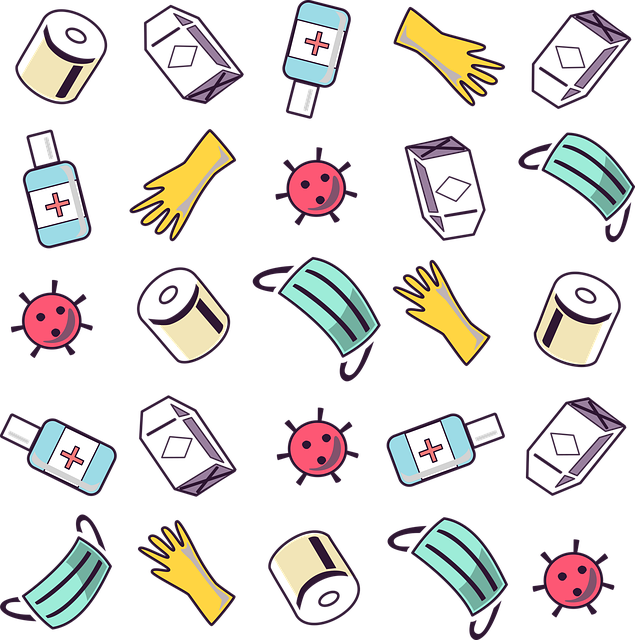Share This Article:

Stats on Risk of COVID from Work don’t Automatically Shut Down W.Va. Nurse’s Claim
02 Jun, 2025 Chris Parker

Is statistical evidence that a worker was just as likely to contract COVID-19 outside of work than at work enough, by itself, to defeat a workers’ compensation claim? The state’s High Court recently addressed that decision in a case involving a nurse who caught the virus and spent 15 days in the hospital.
The nurse in Foster v . Primecare Medical of West Virginia, No. No. 23-726 (W.Va. 05/27/25), worked at a Jail. She was exposed to about twenty inmates and coworkers who had tested positive for COVID-19. Shortly thereafter, she contracted it, was hospitalized, and suffered complications.
Need to get in the know in West Virginia or any other U.S. jurisdiction? Head to Simply Research.
The workers’ compensation board awarded her benefits, but an appeals court reversed. That court pointed out that, during the same period when the nurse was exposed to sick inmates and coworkers, she also took a closed-window trip to the zoo with family members and a trip to the emergency room. She could just as easily have caught it then, it reasoned.
The appeals court, however, relied primarily on a study that concluded that, statistically, healthcare workers were no more at risk of contracting the virus than was the general public. The nurse could not, the court said, obtain benefits merely by speculating that she caught the virus at work.
The state’s Supreme Court of Appeals then took up the case. It explained that in West Virginia, a work-related disease may be compensable if the claimant shows that she contracted it in the course of and resulting from her employment. West Virginia Code section 23-4-1(f) (2023).
An compensable disease, the court added, is one that it does not come from a hazard to which workmen would have been equally exposed outside of the employment;
The High Court rejected the lower court’s finding that the nurse had to prove that healthcare workers are at a higher risk of contracting COVID-19 from workplace exposure. It also rejected the notion that because the nurse presumably failed to do that, evidence that she actually contracted the disease at work was irrelevant.
Such an interpretation of the law defied logic, the court indicated. Further, the statute plainly states that determining whether a disease is incurred because of work must be based upon a consideration of all the circumstances. While statistical evidence is relevant, it’s not dispositive to determine whether a risk was a hazard to which workmen would have been equally exposed outside of the employment.
The court held that a workers' compensation claim for work-related injury, disease, or death caused by or arising from COVID-19 may be compensable, notwithstanding that workers generally were exposed to the disease outside of their employment.
The court reversed the lower court’s ruling and sent the case back with directions to reinstate the board’s decision.
AI california case file caselaw case management case management focus claims compensability compliance compliance corner courts covid do you know the rule employers exclusive remedy florida glossary check Healthcare hr homeroom insurance insurers iowa kentucky leadership NCCI new jersey new york ohio pennsylvania roadmap Safety safety at work state info tech technology violence WDYT west virginia what do you think women's history women's history month workers' comp 101 workers' recovery Workplace Safety Workplace Violence
Read Also
About The Author
About The Author
- Chris Parker
More by This Author
Read More
- Feb 05, 2026
- Anne Llewellyn
- Feb 05, 2026
- Frank Ferreri
- Feb 03, 2026
- Frank Ferreri
- Feb 03, 2026
- Chris Parker
- Feb 02, 2026
- Liz Carey




